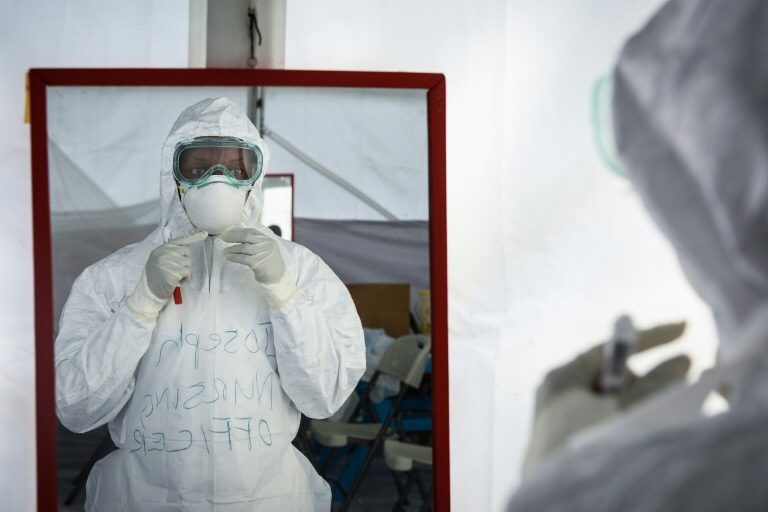(Jamaica Observer )KINSHASA, DR Congo -DR Congo’s government on Thursday officially declared an end to an Ebola epidemic that broke out in the east of the troubled country in August 2018 and went on to claim 2,277 lives.
The outbreak was “the longest, most complex and deadliest” in the 60-year history of the Democratic Republic of Congo, Health Minister Eteni Longondo said.
It has only been surpassed by the 2013-16 Ebola epidemic in West Africa that killed 11,300 people.
On June 1, as the epidemic in the east waned, a new outbreak — the DRC’s 11th since Ebola was identified in 1976 — was announced in the country’s northwest.
For an outbreak to be officially over, there have to be no new cases reported for 42 days, which is double the incubation period of the deadly haemorrhagic microbe.
The eastern outbreak was just three days from reaching the finishing line in April when a new case was reported. Further cases meant that the clock was restarted on May 14.
The World Health Organization (WHO) reacted with joy to Thursday’s announcement.
“#Ebola outbreak in #DRC is OVER! WHO congratulates all those involved in this tough and often dangerous work to end the almost 2-year long outbreak,” it said on Twitter.
The epidemic in the east was declared by the WHO in July 2019 to be a Public Health Emergency of International Concern — a move that steps up international support — given the epicentre’s close proximity to neighbouring Rwanda and Uganda.
– ‘Chronic insecurity’ –
The worst-hit area was North Kivu, a province battered by militia killings and ethnic violence.
“Chronic insecurity” helped make the epidemic “highly complex,” Longondo said.
Eleven workers and patients were killed, the UN said.
Two experimental vaccines were brought in to help roll back the disease. More than 320,000 people received the jab.
The Ebola virus is passed on by contact with the blood, body fluids, secretions or organs of an infected or recently deceased person.
It has a natural reservoir in nature, which is believed to be a species of bat.
The death rate is typically high, ranging up to 90 per cent in some outbreaks, according to the WHO.
The northwest’s outbreak, about a thousand kilometres (600 miles) away from the one in the east, is focused on Mbandaka, a transport hub on the Congo River in the province of Equateur.
It has claimed 13 lives out of 24 cases, according to the WHO.
Equateur was previously hit by Ebola between May and July 2018. Thirty-three people died.

